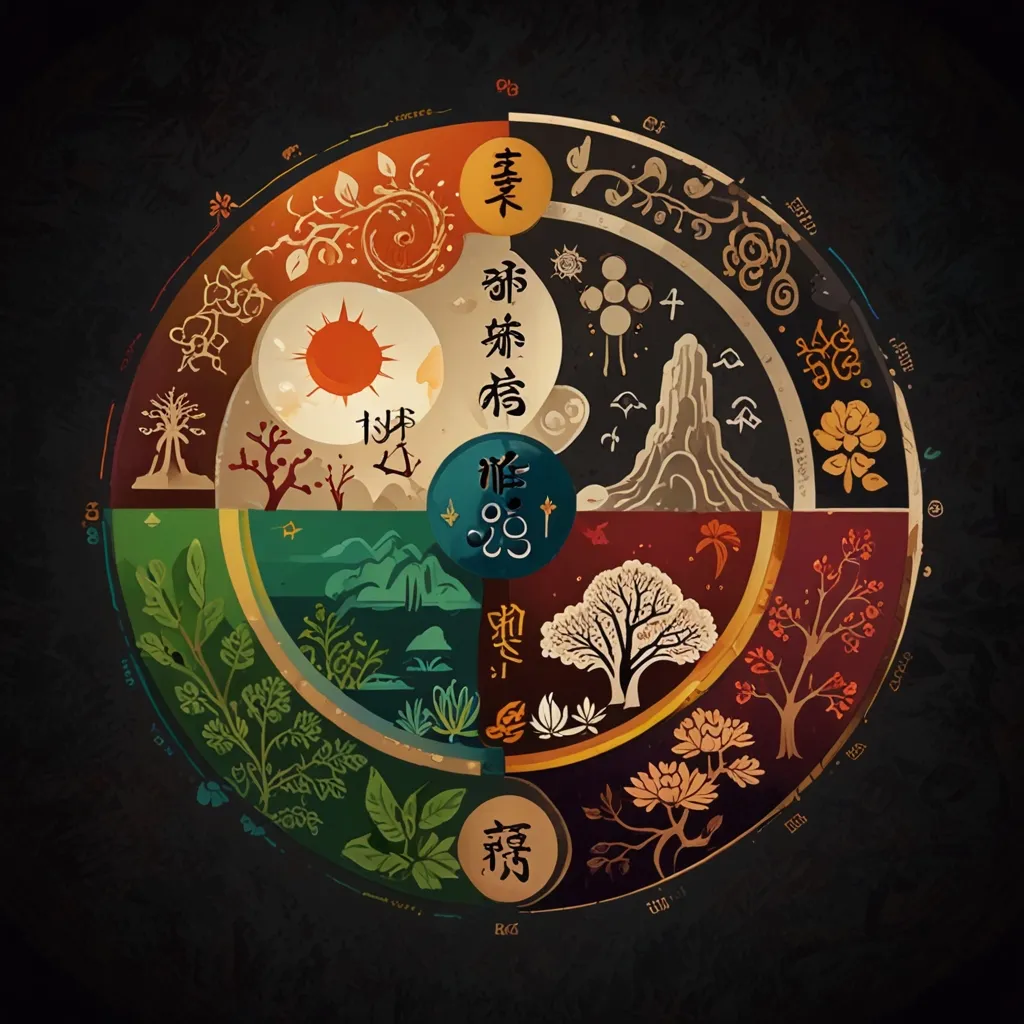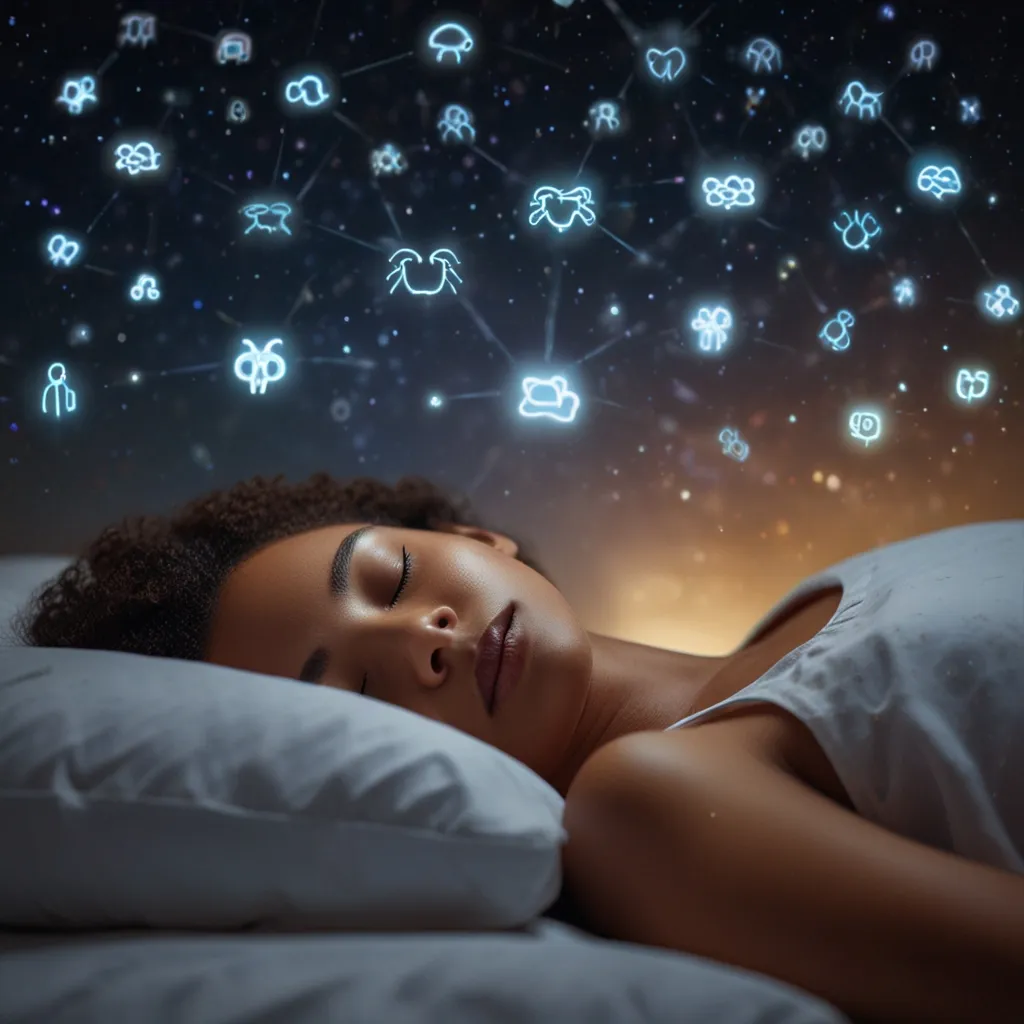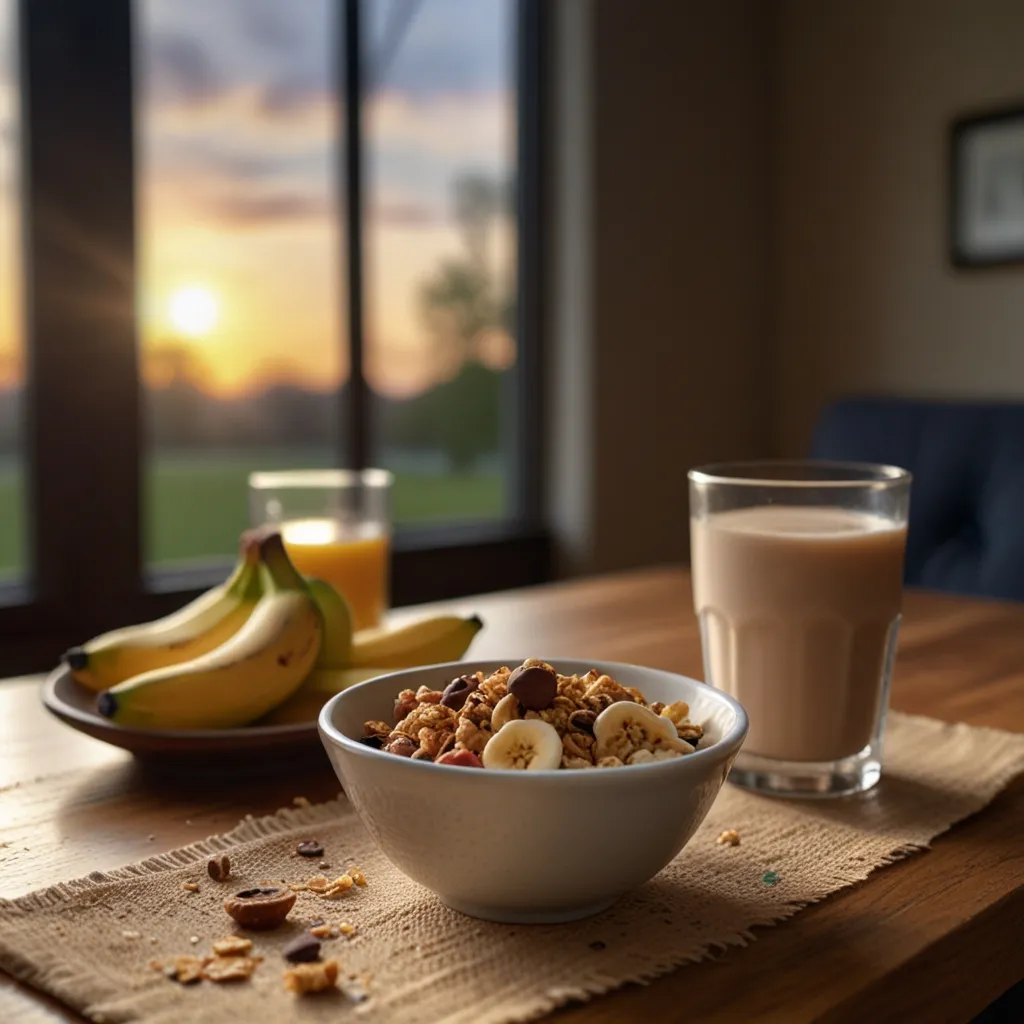Ayurveda and Traditional Chinese Medicine (TCM) rank among the world’s oldest and most honored health systems. Despite their ancient origins in India and China, respectively, both have evolved to gain global recognition for their holistic take on health and wellness.
Ayurveda, which means “life knowledge” in Sanskrit, has been around for over 3,000 years. It’s built on the belief that health is about balancing the body, mind, and spirit. Ayurveda focuses on individualized treatments based on a person’s unique constitution or dosha. There are three primary doshas: Vata, Pitta, and Kapha, each linked to the five elements—fire, water, earth, air, and ether. Each dosha affects different parts of the body and mind, and keeping them balanced is key to staying healthy.
Traditional Chinese Medicine goes back over 2,500 years and is rooted in the ideas of yin and yang and the five elements—wood, fire, earth, metal, and water. These elements are believed to control the flow of qi, or vital energy, in the body. TCM aims to restore the balance of yin and yang and the flow of qi to prevent and treat illnesses.
Both Ayurveda and TCM use unique diagnostic methods that go beyond regular medical practices. Ayurvedic practitioners use pulse diagnosis, tongue examination, and physical observation to figure out a patient’s dosha and spot any imbalances. The pulse is checked for constitution and imbalance clues.
In TCM, diagnosis involves similar techniques like pulse diagnosis, tongue examination, and physical observation. TCM emphasizes the tongue, looking at different aspects to gauge the body’s energy state. Different pulse types in TCM relate to specific diseases.
The treatment approaches in Ayurveda and TCM are holistic and varied. Ayurvedic treatments often include herbs, dietary changes, lifestyle tweaks, and physical therapies like yoga and massage. Ayurveda is known for using ghee (clarified butter) in some treatments, which isn’t a practice in TCM. Ayurvedic herbal remedies can be quite complex, involving multiple ingredients processed over years to detoxify harmful materials.
TCM treatments also include a wide range of methods like acupuncture, herbal therapy, dietary changes, meditation, and exercises like tai chi and qi gong. TCM herbs are often cooked, dried, or processed using techniques like wine frying or charring before use. TCM does not use ghee in its treatments.
Both systems emphasize the interconnectedness of the body, mind, and spirit. Ayurveda aims for lifelong wellness by addressing each individual’s unique mix of life forces. It focuses on disease prevention and treatment by keeping harmony between the body, mind, and spirit.
Similarly, TCM promotes health by restoring the balance of natural forces that can block the flow of vital energy in the body. This balance is essential for preventing disease and maintaining overall well-being.
While both systems have gained global recognition, TCM has integrated better into modern healthcare systems. China has promoted TCM using a research-based approach, leading to greater scientific validation. Ayurveda, however, needs more extensive scientific research to build a stronger evidence base.
Ayurveda and TCM are ancient yet ongoing traditions offering holistic approaches to health and wellness. Although different in origins and specific practices, both systems share the common goal of promoting health and enhancing life quality by addressing the root causes of disease, not just the symptoms. As the world warms up to complementary and integrative medicine, these traditional systems are becoming more relevant, offering valuable insights into the interconnectedness of the body, mind, and spirit.






